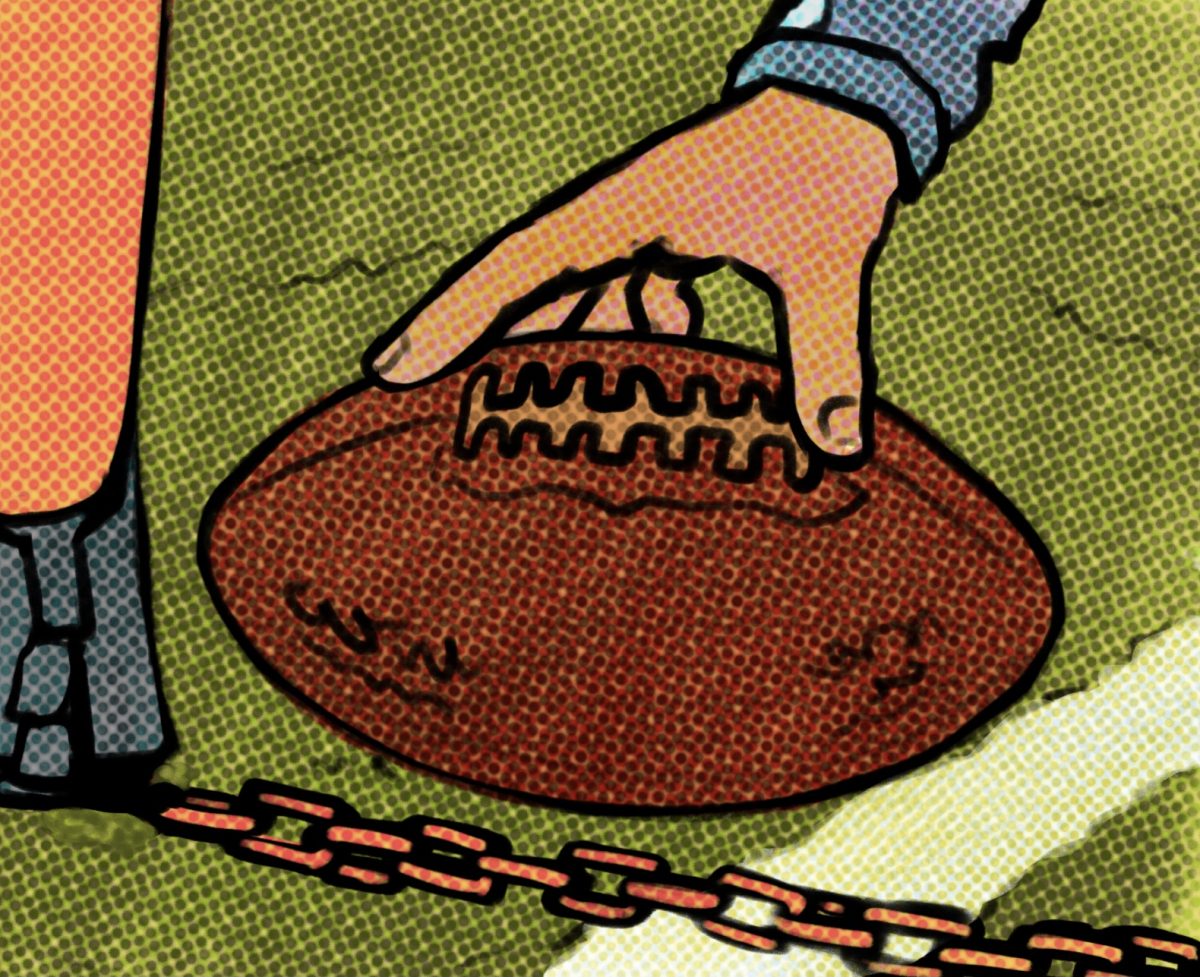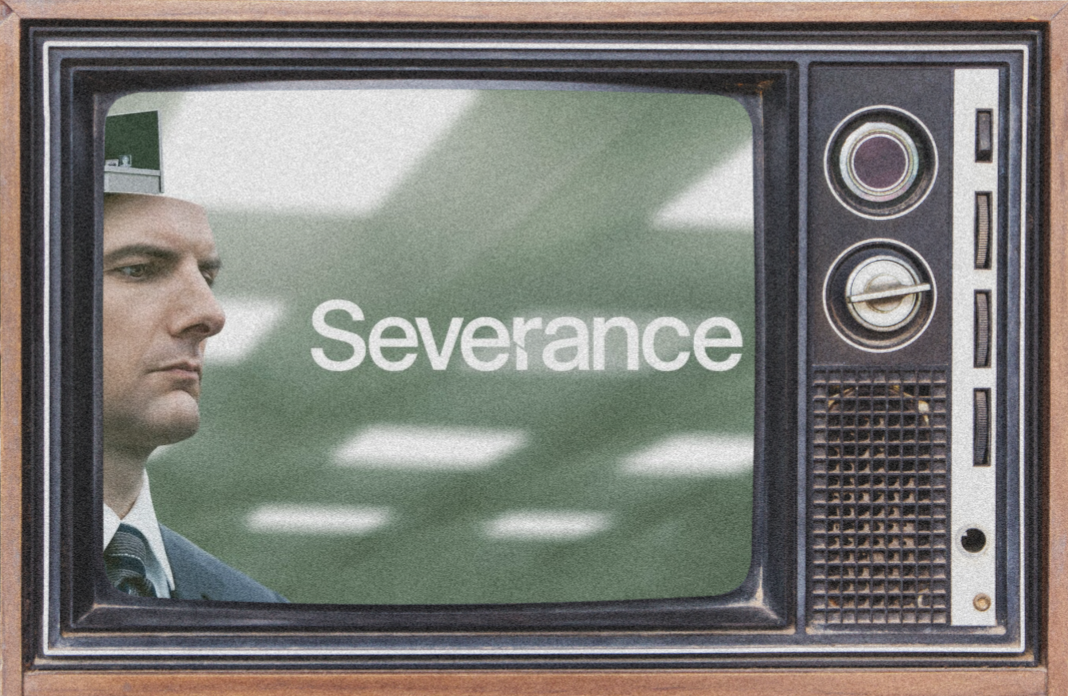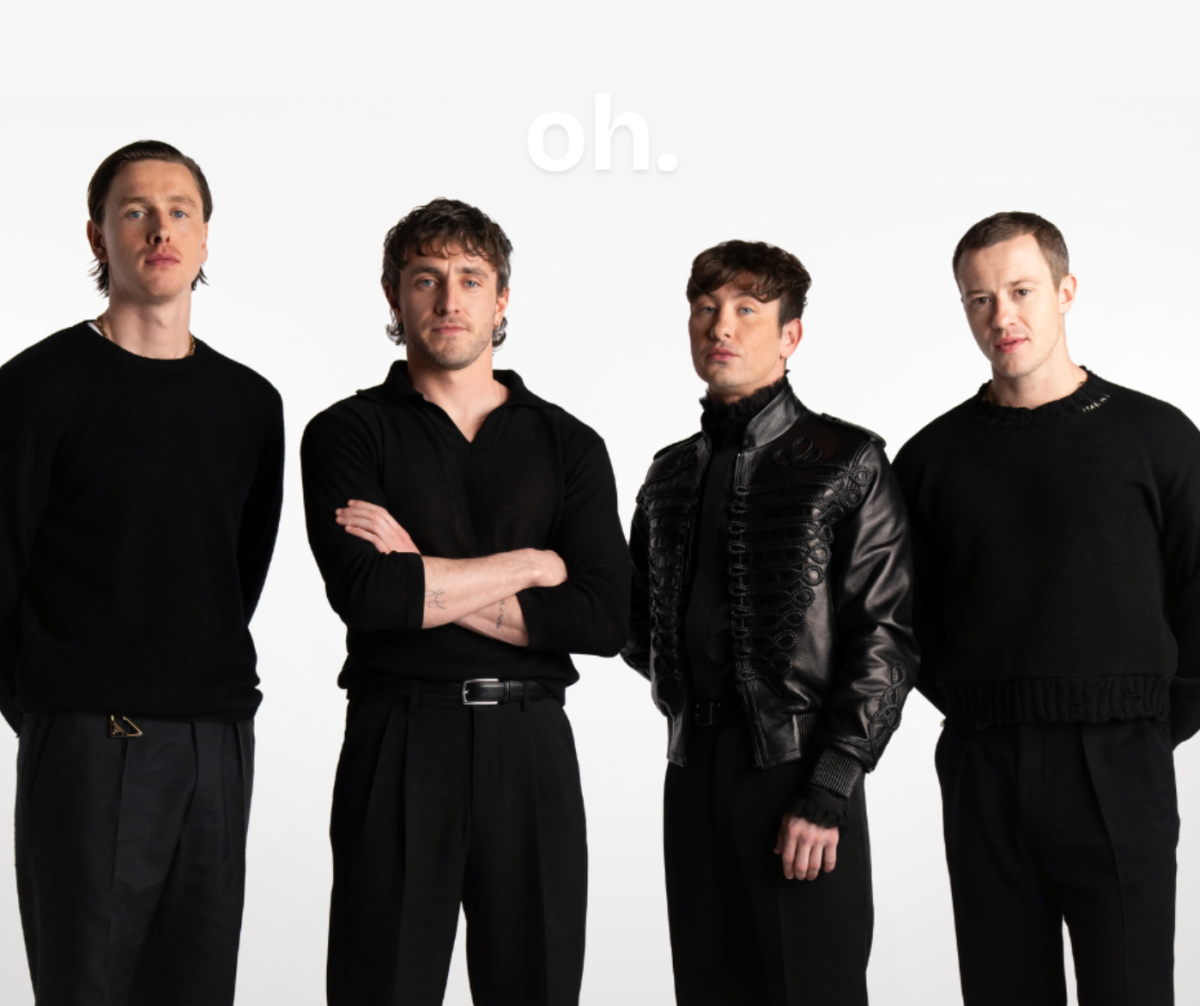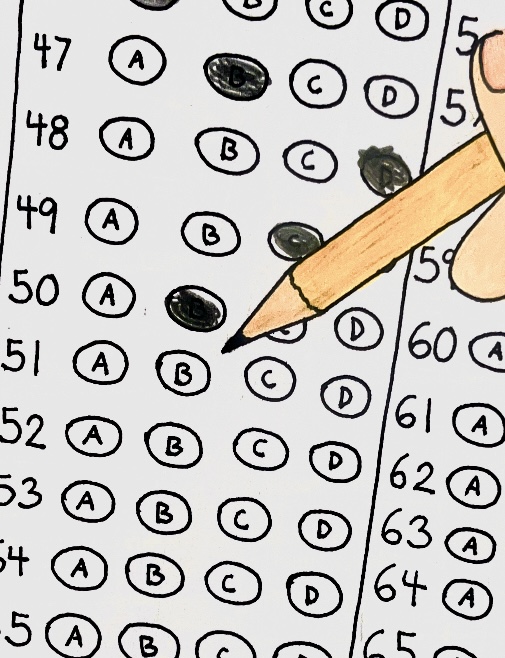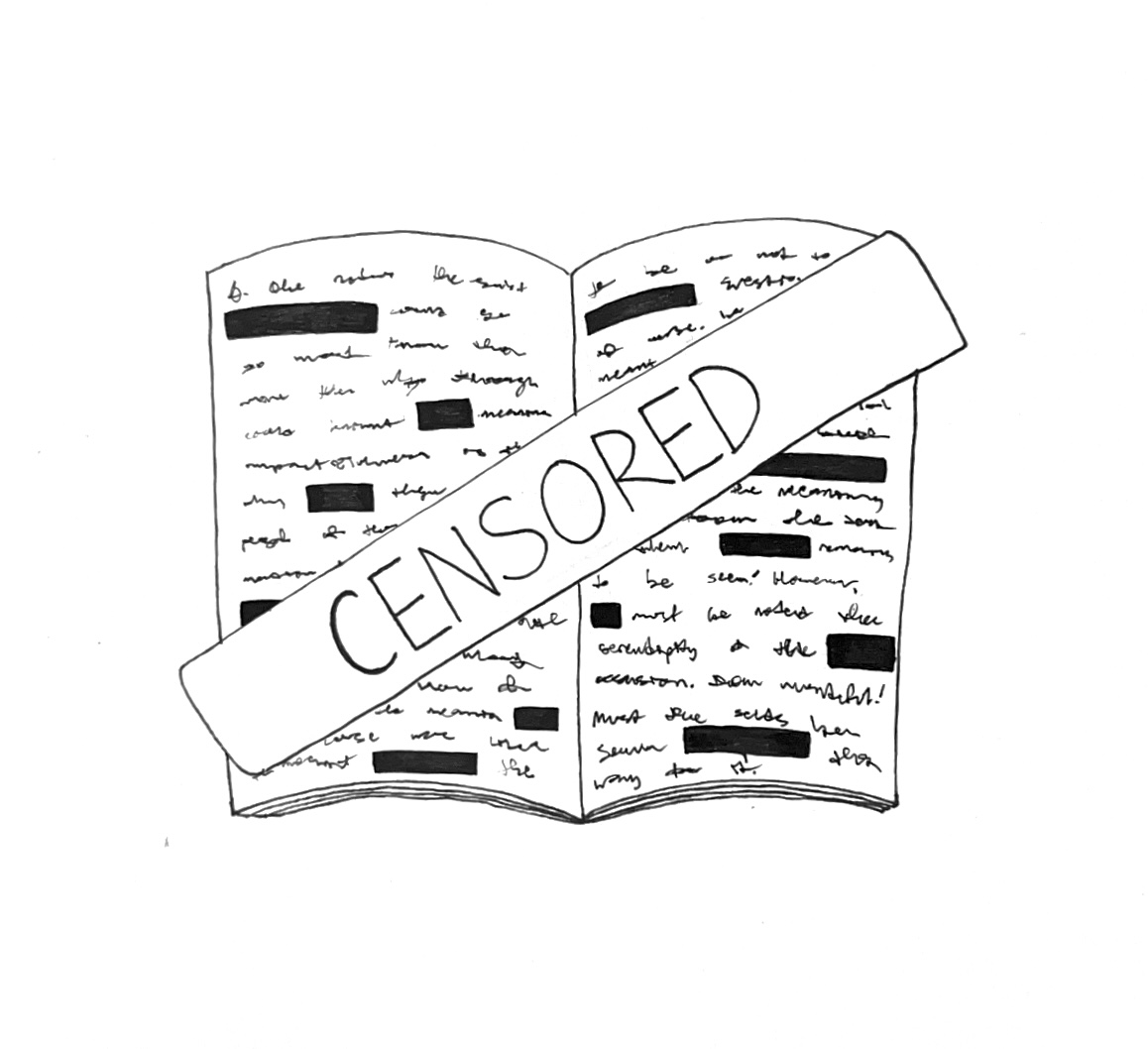Every year fans demand accountability from professional sports leagues such as the National Football League (NFL) and Major League Baseball (MLB). These leagues use obsolete analog methods to officiate their respective organizations, leading to several inaccurate rulings. By implementing new technology, the NFL and MLB would restore objectivity to games.
The NFL has a history of poor officiating. The missed pass interference call at the 2018 National Football Conference (NFC) Championship and the last second-holding call in the 2023 Super Bowl affected fans’ hopes, gamblers’ wallets and players’ careers. An objective officiating mistake during a game between the Detroit Lions and Dallas Cowboys cost the Lions a bye in the playoffs, leading to a much harder path to winning the Super Bowl and league. This resulted in changes in the playoff schedule that contributed to the Lions’ loss to the San Francisco 49ers in the 2024 NFC Championship game.
The MLB also has officiating issues, resulting in pressure to fire some umpires. The increasingly popular MLB website Umpire Scorecards publishes various statistics on umpires, which document the impact umpires may have on the final outcome of a game.
Total Run Impact (TRI), a calculation of an umpire’s incorrect calls and data from past games, demonstrates the influence umpires have on games. The average TRI for umpires is 1.09, which means the average umpire affects a game’s final score by 1.09 runs. Considering that almost 30 percent of all MLB games between 2009 and 2018 were decided by one run, a TRI of 1.09 is significant and changes the results of games. Today’s improved technology leaves little excuse for such inaccurate officiating, and the MLB must take steps to reduce umpire impact on games.
Officiating issues are a league-wide issue that must be addressed by a change in the rules governing officiating. Today’s analog systems are imprecise and must be adjusted to the modern era of sports.
For example, in the NFL, it is standard practice for an official to estimate where a player was tackled after a first down and place the ball at that point. A chain crew moves a marker to the location of the ball, and an official places the ball about where players are down every subsequent play.
Small inaccuracies regarding the location of a down, when compounded, can have massive impacts on games. Vince Lombardi, whom the NFL Super Bowl trophy is named after, said in his book The Essential Vince Lombardi, “football is a game of inches, and inches make the champion.”
Clearly, an officiating style based on estimations hurts the integrity of professional football.
While bad rulings in split-second decisions will likely continue throughout the future of sports, there are clear and necessary steps both the MLB and NFL can take to limit the impact of these rulings.
Replay is one area that can be expanded to improve officiating in both leagues.
The MLB instituted replay in 2008 and, as of 2014, allows for coaches’ challenges.
Meanwhile, while at first the NFL thought that limited camera angles and insubstantial technology made officiating inaccurate, and thus stopped utilizing replay, they reinstituted replay in 1999.
Despite the NFL’s acknowledgement of technological improvements over time, they have made few changes to their system since 1999. The MLB also has made few changes to their system since 2014.
The MLB and NFL regulate replay through long, detailed lists on what can and cannot be reviewed, unnecessarily restricting the use of modern technology in favor of archaic officiating methods. Strictly regulating replay restricts officials from fully utilizing it to make the best possible rulings, so in light of recent advancements and poor officiating, it is necessary for the MLB and NFL to deregulate replay. While the NFL broadened replay rules, such as allowing pass interference reviews in the aforementioned 2018 NFC Championship Game, this change ended after only one season.
Rich McKay, the NFL Competition Committee chairman, explained on a SiriusXM NFL Radio interview that the change to replay did not return to the league partially because the committee was “always fearful of putting totally subjective play into replay.”
While reviewing subjective calls could cause controversy, the NFL’s current rules result in incorrect rulings on career-changing plays.
On Jan. 21, a pass interference call, which Doug Farrar, a USA Today staff writer, said was a part of the NFL’s recent “horrible officiating”, nearly changed the result of an important playoff game between the Kansas City Chiefs and Buffalo Bills.
Additionally, in a game between the Kansas City Chiefs and Green Bay Packers earlier this season, a missed pass interference call led to the Packers’ upset victory over the Chiefs. A poor unnecessary roughness call in the Chiefs’ favor on the same drive gave the Chiefs a larger chance at victory than they deserved. The Packers’ victory in that game was the determining factor in them making the playoffs. If these calls were reviewable, they likely would have been corrected.
If the NFL and MLB want to be serious about improving officiating, then they need to implement replay reforms.
Pali varsity football defensive coordinator and English teacher Moosa McClean agreed that replay rules in football should be relaxed.
McClean also proposed solutions to the NFL’s officiating issues. McClean said that there should be “another head official…[watching the game] from a distance and then stepping in if the officials on the field don’t make a correct call.”
McClean explained that this official would be in a replay booth and could look over plays to make sure that rulings are correct.
Fédération Internationale de Football Association (FIFA), the governing body of soccer, recently instituted a similar system called Video Assisted Referee (VAR), which has an official review plays live via replay.
They also now use data to make objective rulings, something that the NFL and MLB refuse to do — but could make for more accurate officiating.
Some have suggested purely using technology in baseball to call balls and strikes. While this would be a controversial decision that some fans say would take away from the game, technology should still be used to some extent to improve officiating.
While it may be impossible to completely transition to technology, the NFL should use the data-collecting chips that are already in their footballs to accurately determine where to place the ball, rather than relying on eyeballed judgements.
The MLB does not immediately need to turn over officiating to technology, but using it to enhance calls would improve the integrity of the sport.
“No team wants to lose a game because a referee missed a call or made a bad call,” McClean said.


